A Comprehensive Guide to West Linn, Oregon: Exploring its Geography and History
Related Articles: A Comprehensive Guide to West Linn, Oregon: Exploring its Geography and History
Introduction
In this auspicious occasion, we are delighted to delve into the intriguing topic related to A Comprehensive Guide to West Linn, Oregon: Exploring its Geography and History. Let’s weave interesting information and offer fresh perspectives to the readers.
Table of Content
A Comprehensive Guide to West Linn, Oregon: Exploring its Geography and History
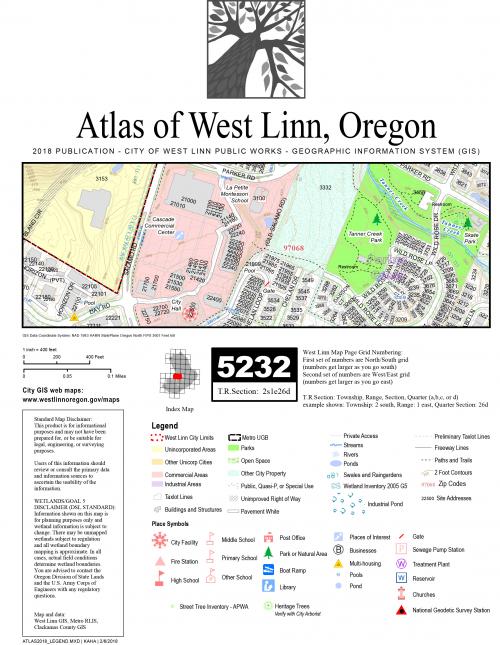
West Linn, a charming city nestled in the heart of Oregon, boasts a rich history and a captivating geography. Its location on the Willamette River, adjacent to the vibrant city of Portland, has shaped its development and influenced its unique character. This article provides a detailed exploration of West Linn’s map, highlighting its key features, historical significance, and the benefits it offers to residents and visitors alike.
Unveiling West Linn’s Geographic Landscape
West Linn’s map showcases a diverse landscape, seamlessly blending urban and rural elements. The city’s eastern boundary is defined by the majestic Willamette River, which serves as a natural border and a source of recreational opportunities. The river’s presence contributes to the city’s picturesque setting, offering stunning views and a tranquil atmosphere.
To the west, West Linn is bordered by the Tualatin Mountains, which provide a dramatic backdrop and offer hiking trails and scenic vistas. The city’s terrain is characterized by rolling hills, forested areas, and the winding Willamette River, creating a captivating visual tapestry.
Delving into West Linn’s Historical Roots
The history of West Linn is interwoven with the development of the Willamette Valley. The area was initially inhabited by the Clackamas Native American tribe, who lived in harmony with the land for centuries. European settlers arrived in the 19th century, drawn by the fertile soil and the potential for agriculture and trade.
The establishment of the Willamette Falls paper mill in the late 19th century marked a turning point in West Linn’s development. The mill provided employment and spurred economic growth, transforming the area into a thriving industrial center. However, the mill’s closure in 2001 led to a shift in West Linn’s focus, paving the way for a new era of residential and commercial growth.
Exploring West Linn’s Neighborhoods
West Linn’s map reveals a tapestry of distinct neighborhoods, each with its unique character and charm.
-
West Linn City Center: Located in the heart of the city, this bustling area is home to a variety of businesses, restaurants, and shops. The iconic Willamette Falls, a powerful symbol of West Linn’s industrial past, is a key attraction in this area.
-
West Linn Hills: Situated on the slopes of the Tualatin Mountains, this residential neighborhood offers breathtaking views and a peaceful atmosphere. Its winding roads and lush greenery create a serene and desirable living environment.
-
Riverfront: As its name suggests, this neighborhood enjoys direct access to the Willamette River, offering residents picturesque views and opportunities for water-based recreation.
-
West Linn Golf Course: This neighborhood is centered around the prestigious West Linn Golf Course, a premier golfing destination known for its challenging layout and scenic beauty.
Navigating West Linn’s Transportation Network
West Linn’s transportation network is well-connected, offering residents and visitors multiple options for getting around. The city is served by the TriMet bus system, providing convenient access to Portland and surrounding areas. The I-205 freeway offers a quick and efficient route to other parts of the region.
For those who prefer alternative modes of transportation, West Linn boasts a network of bike paths and walking trails, encouraging a healthy and eco-friendly lifestyle. The Willamette River also provides opportunities for boating and kayaking, offering a unique and scenic way to explore the city.
Understanding West Linn’s Demographics
West Linn’s map reveals a diverse and vibrant community. The city boasts a strong sense of community, with a focus on family-friendly activities and a commitment to quality of life. Its residents are known for their high levels of education and income, creating a thriving and dynamic environment.
Benefits of Living in West Linn
West Linn offers a unique blend of urban amenities and small-town charm, making it an attractive place to live, work, and raise a family.
-
Excellent Schools: West Linn is renowned for its top-rated public schools, consistently ranked among the best in the state. The city’s commitment to education ensures that its residents have access to high-quality learning opportunities.
-
Safe and Family-Friendly Environment: West Linn is a safe and family-friendly community, with low crime rates and a strong sense of community. Its parks, playgrounds, and recreational facilities provide ample opportunities for families to enjoy quality time together.
-
Outdoor Recreation: The city’s location near the Willamette River and the Tualatin Mountains offers endless opportunities for outdoor recreation. Residents can enjoy hiking, biking, fishing, kayaking, and other activities, fostering a healthy and active lifestyle.
-
Cultural Amenities: West Linn boasts a vibrant arts and culture scene, with a variety of theaters, galleries, and community events. The city’s commitment to the arts enriches the lives of its residents and creates a dynamic and engaging environment.
-
Strong Economy: West Linn has a strong and diversified economy, with a mix of industries and businesses. The city’s proximity to Portland and its focus on innovation and entrepreneurship create a thriving business environment.
FAQs About West Linn, Oregon
Q: What is the population of West Linn, Oregon?
A: As of the 2020 Census, the population of West Linn was approximately 27,000.
Q: What is the cost of living in West Linn?
A: The cost of living in West Linn is higher than the national average, reflecting its desirable location and high quality of life.
Q: What are some of the top employers in West Linn?
A: Major employers in West Linn include Intel, Nike, and Providence Health & Services.
Q: What are some of the best restaurants in West Linn?
A: West Linn offers a diverse culinary scene, with popular restaurants including The Old Spaghetti Factory, The Painted Lady, and The Red Lion.
Q: What are some of the best things to do in West Linn?
A: West Linn offers a variety of attractions, including the Willamette Falls, the West Linn Golf Course, and the Mary S. Young Park.
Tips for Visiting West Linn
-
Explore the Willamette Falls: Witness the power and beauty of the Willamette Falls, a natural wonder that has played a significant role in West Linn’s history.
-
Visit the West Linn Museum: Learn about the city’s rich history and its unique connection to the Willamette River.
-
Enjoy a round of golf: Play a round at the prestigious West Linn Golf Course, a challenging and scenic course that offers stunning views of the surrounding landscape.
-
Take a walk or bike ride: Explore the city’s network of trails and parks, enjoying the natural beauty of West Linn and the Willamette River.
-
Dine at a local restaurant: Sample the diverse culinary offerings of West Linn, from upscale dining to casual eateries.
Conclusion
West Linn, Oregon, is a city that seamlessly blends natural beauty, historical significance, and modern amenities. Its map reveals a diverse and vibrant community, offering a high quality of life and a unique blend of urban and rural elements. Whether you are considering a move to West Linn or simply planning a visit, exploring its map will provide you with a deeper understanding of this charming city and its many attractions.

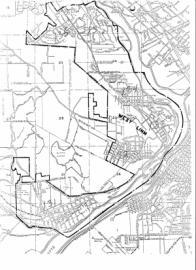
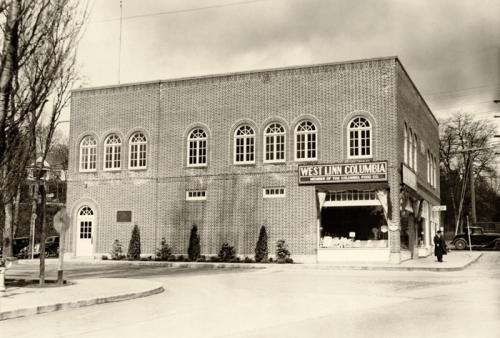
![Living in West Linn, Oregon [Complete Moving Guide]](https://wcmovingandstorage.com/wp-content/uploads/2021/06/dan-meyers-w2m7x7l4bqI-unsplash-scaled.jpg)
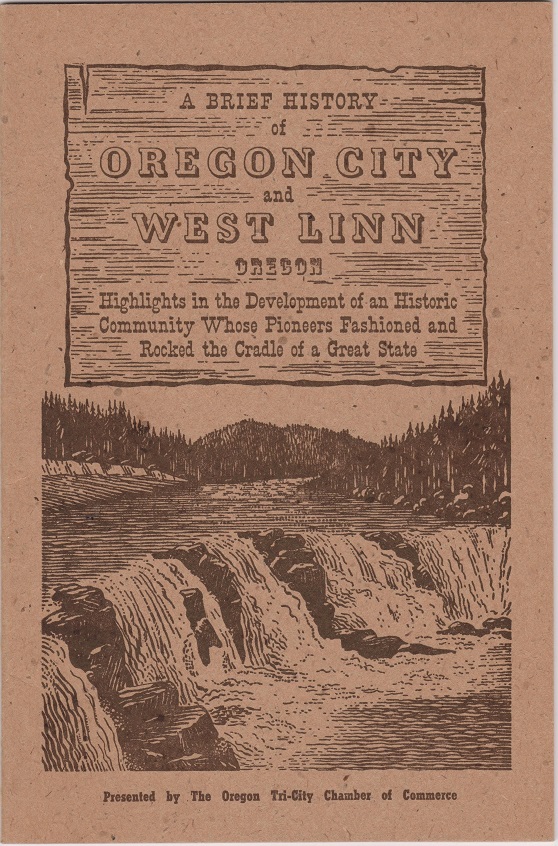


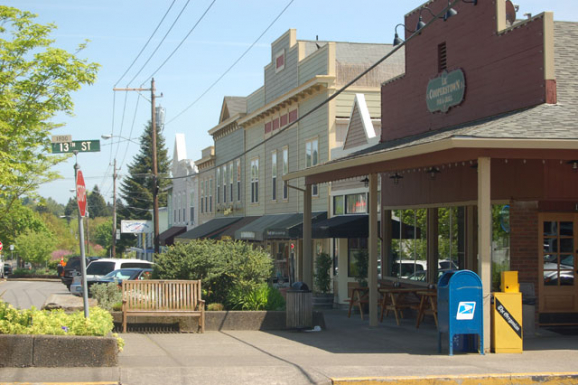
Closure
Thus, we hope this article has provided valuable insights into A Comprehensive Guide to West Linn, Oregon: Exploring its Geography and History. We appreciate your attention to our article. See you in our next article!